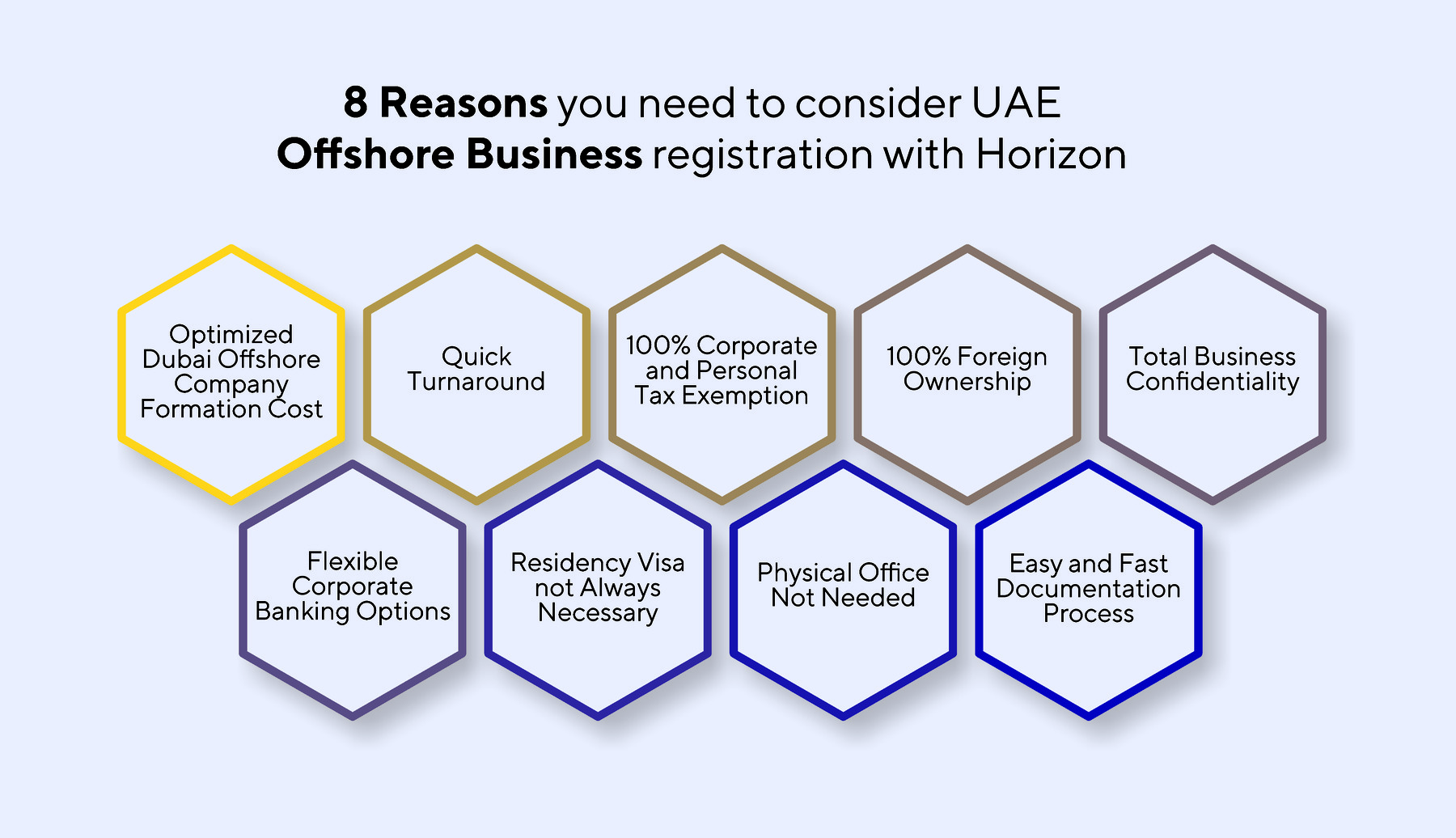Expand Internationally by Choosing Offshore Business Formation for Financial Benefits
A Comprehensive Guide to Navigating Offshore Organization Development Efficiently
In the world of international entrepreneurship, creating an offshore organization presents both elaborate obstacles and distinct opportunities. As potential capitalists navigate through the intricacies of regulatory and legal structures, recognizing the nuances of each can make a substantial difference in the effective facility and longevity of an offshore entity.
Picking the Perfect Offshore Territory
When selecting an offshore territory for business development, several important factors have to be thought about to make sure lawful compliance and functional effectiveness. Taxes plans are paramount; some jurisdictions provide reduced or no tax rates, which can be extremely advantageous commercial retention. One should likewise examine the political security of the region to stay clear of potential dangers that might influence company operations negatively.
In addition, the credibility of the jurisdiction can substantially influence the assumption of business worldwide. Choosing a territory with a strong governing online reputation could promote smoother organization relationships and financial transactions globally. In addition, the convenience of working, including the simplicity of the registration process and the availability of skilled neighborhood services, should be analyzed to make sure that the operational demands are sustained successfully.
Understanding Regulatory and lawful Frameworks

Legal frameworks in overseas territories are often developed to attract international financial investment via economic rewards such as low tax rates and streamlined reporting processes. These advantages can come with strict guidelines aimed at stopping cash laundering and economic fraud. Financiers should navigate these laws thoroughly to prevent legal mistakes.


Establishing Your Offshore Organization Structure
After recognizing the lawful and regulative structures required for overseas service operations, the next important step is to establish the suitable organization framework. Determining on the sort of offshore firm is pivotal, as this selection impacts governance, obligation, and administrative duties. Common structures include International Organization Companies (IBCs), Minimal Obligation Firms (LLCs), and partnerships. Each structure supplies unique advantages depending upon business objectives, such as tax effectiveness, anonymity, or versatility in monitoring.
Picking the ideal territory is similarly important. Factors such as political security, lawful system, and international relationships should be taken into consideration to ensure a advantageous and safe and secure setting for business. her explanation Popular places like the Cayman Islands, Bermuda, and Luxembourg provide varied benefits tailored to various service requirements, consisting of robust lawful systems and positive regulatory landscapes.
Eventually, lining up the organization framework with calculated company goals and the chosen jurisdiction's offerings is crucial for maximizing the benefits of overseas consolidation.
Taking Care Of Conformity and Taxes in Offshore Procedures
Handling conformity and taxation is a vital aspect of preserving an overseas company. This includes recognizing the ramifications of dual taxes agreements and establishing whether the business qualifies for any kind of motivations or exemptions.
Entrepreneur should also purchase durable conformity programs that consist of routine audits and staff member training to maintain corporate governance. Involving with financial and legal specialists that focus on international company law can offer important advice and aid browse the intricacies of cross-border taxes. These professionals can help in establishing up reliable tax frameworks that line up with worldwide methods while optimizing monetary obligations.
Inevitably, diligent management of conformity and tax is important for guaranteeing the long-term success and sustainability of an overseas venture.
Final Thought
To conclude, the successful formation of an offshore service hinges on careful factor his explanation to consider of territory, lawful conformity, and the proper company structure. By meticulously choosing a secure and favorable environment, understanding and adhering to legal frameworks, and taking care of ongoing conformity and taxes, businesses can establish themselves properly on the worldwide stage. index This strategic method ensures not only functional authenticity however also positions the organization for sustainable development and lasting success in the international market.
